2021 Update:
No updates have been made to Cannabis/ hemp- CBD laws in North Carolina.
In addition to the federal hemp laws laid out in the 2018 Farm Bill, each state has its own state hemp laws. Before we dive in on North Carolina Hemp Laws and the legality of CBD in North Carolina, it is important to understand the different types of hemp and CBD products that these laws may be applied to.
There are many (somewhat confusing) terms for hemp oil:
- Isolate or THC-Free Hemp Oil has only CBD and all other plant compounds have been removed, THC is undetectable. Pure CBD Isolate can also be purchased in powder form.
- Full-Spectrum Hemp Oil has all plant compounds, including less than 0.3% THC.
- Broad-Spectrum Hemp Oil has undetectable THC, but contains other plant compounds.
- PCR (Phytocannabinoid-Rich) Hemp Oil with Zero-THC is a new marketing term for broad-spectrum hemp oil.
- CBG Hemp Oil is a hemp oil from a cannabigerol (CBG) rich hemp strain that has more CBG than is found in CBD Hemp Oil.
- Hemp Flower is the dried and harvested flower of the hemp plant. It can be used whole or extracted to make CBD isolate, Full-Spectrum CBD, or Broad-Spectrum CBD (PCR Hemp Oil).
FAQ: Hemp and CBD Legality in North Carolina
Is Full Spectrum CBD Legal in North Carolina?
That is a trick question because full-spectrum CBD is not the same as the so-called PCR Hemp Oil! This new marketing term is certainly introducing even more confusion around CBD products.
In North Carolina you can purchase almost any kind of CBD or hemp product. While not all of these products are technically legal, in a state or federal sense, they are openly available in stores and can be purchased and delivered from online retailers.
Is It Legal to Ship PCR Hemp Oil to North Carolina?
It is legal to ship ALL types of hemp products with less than 0.3% THC to all US States according to the 2018 Farm Bill.
Where to Buy Full Spectrum CBD Oil in North Carolina?
CBD products can be bought at stores or purchased online in North Carolina.
Do you need a special license to purchase PCR Hemp Oil in North Carolina?
You don’t need a special license to purchase CBD hemp oil (all types) in North Carolina, only to grow, test, or sell products.
How Does North Carolina Legally Define Hemp?
Industrial hemp. – All parts and varieties of the plant Cannabis sativa (L.), cultivated or possessed by a grower licensed by the Commission, whether growing or not, that contain a delta-9 tetrahydrocannabinol concentration of not more than three-tenths of one percent (0.3%) on a dry weight basis.
Article 50E - Industrial Hemp. § 106-568.51. Definitions.
Growing and Selling Hemp in North Carolina
North Carolina hemp growers and handlers must be registered and licensed with the state. There is a long-standing pilot hemp program that allows North Carolina hemp farmers to legally cultivate their crops.
Retail Hemp and CBD products must comply with North Carolina hemp laws:
- Products must contain no more than 0.3% delta-9-THC
- Products must come from a registered farm
- Products must be tested by a licensed laboratory
In addition to North Carolina state CBD laws and the 2018 Farm Bill hemp laws, the US Food and Drug Administration (FDA) has additional requirements for CBD and hemp companies to meet.
North Carolina state hemp laws allow for many products:
- Hemp topicals
- Hemp concentrates and extracts (oils and tinctures)
- Industrial hemp for building or fiber materials
- Industrial hempseed (food product)
- Industrial hempseed oil (food product)
North Carolina Hemp Laws- Unconventional Perspectives and Regulations
The 2014 Farm Bill
North Carolina has some quirks when it comes to CBD and hemp. First, they are actually operating under the 2014 Farm Bill instead of the updated 2018 Farm Bill. Unlike other states they are not adapting to the new legislation for some reason:
The 115th Congress made additional significant changes to U.S. policies regarding industrial hemp production through the Agriculture Improvement Act of 2018. The U.S. Department of Agriculture has begun the process to gather information for rulemaking.
Until further notice, North Carolina will continue to operate under the Industrial Hemp Pilot Program authorized in 2014.
Industrial Hemp Pilot Program in North Carolina
Truly, it makes no sense why North Carolina is working off of legislation from six years ago, but that is how they have decided to do it.
Smokable Hemp Prohibition
North Carolina, along with Indiana, Louisiana, and Kentucky have measures to prohibit the manufacture, sale, and use of smokable hemp. This wild idea is rooted in the claim that it is too hard for law enforcement to tell marijuana from hemp.
However, this argument is extremely thin and is not expected to hold any bearing if it were to be legally challenged. Ultimately, in order to arrest or fine a person, law enforcement needs to prove they are guilty of a crime. While North Carolina complains that testing hemp to prove it is not marijuana is expensive and difficult, that is their legal burden.
Other states have realized this same issue but have taken more practical steps like acquiring better testing capabilities or decriminalizing possession of small amounts of marijuana (including hemp). Ultimately, a legal challenge to North Carolina law will be needed to prove how nonsensical their policy is,
CBD Drug Test Failure
Surprisingly, a North Carolina judge ruled in favor of a woman who was terminated for a CBD drug test failure. This is a new type of employment law case where employers are seeking to terminate employees who fail drug tests from the THC they take in from CBD products. This case made many very good points and ultimately ruled that the company may not terminate employment based on a failed CBD drug test.
This case may be a sign that North Carolina courts are ready to embrace hemp and CBD more than the North Carolina legislature. The unfortunate pattern here is that in North Carolina it seems you must get arrested or lose your job, and then afford a lawyer to take the case to court and prove that North Carolina hemp laws need to catch up to more current and common legal perspectives.
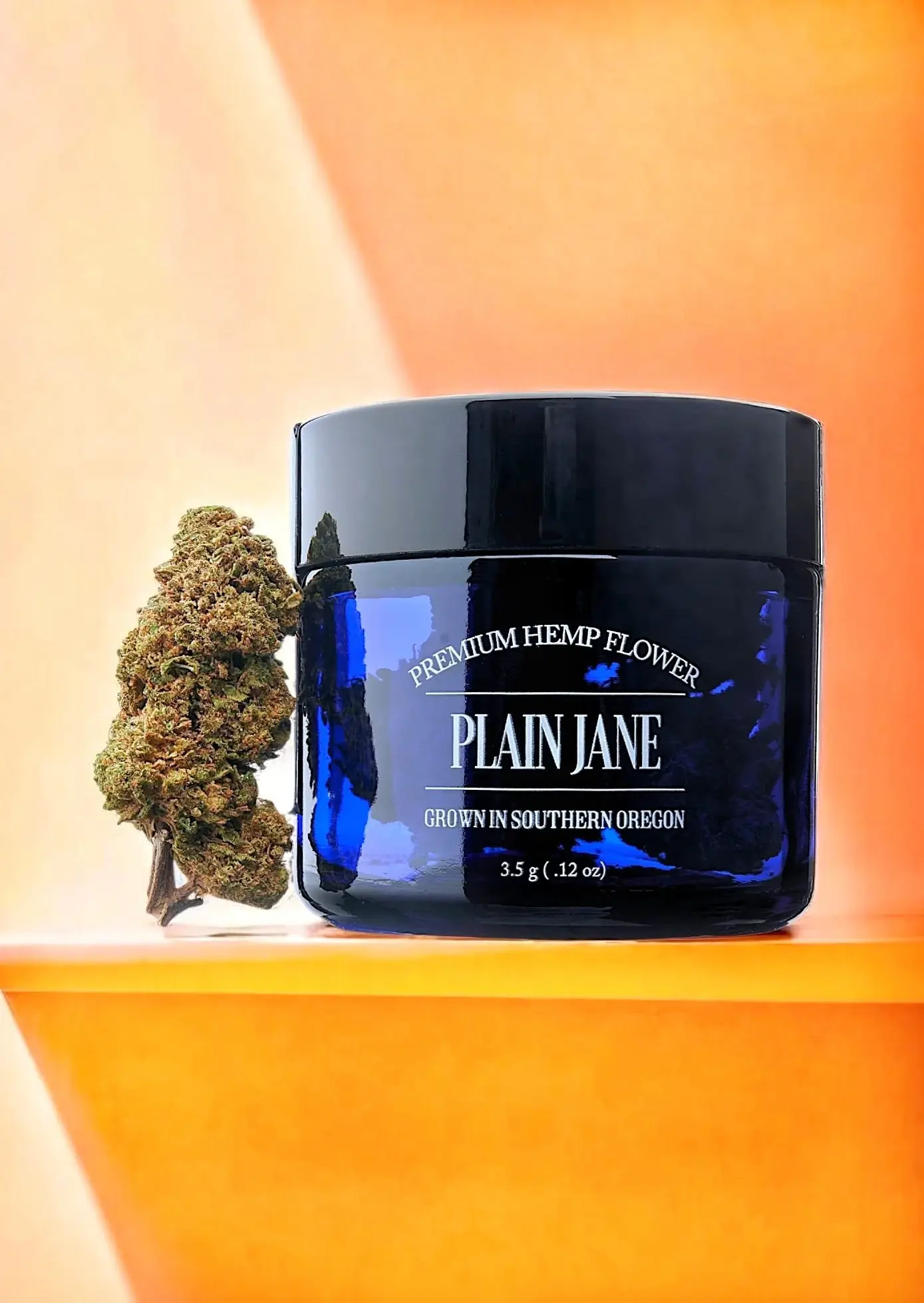
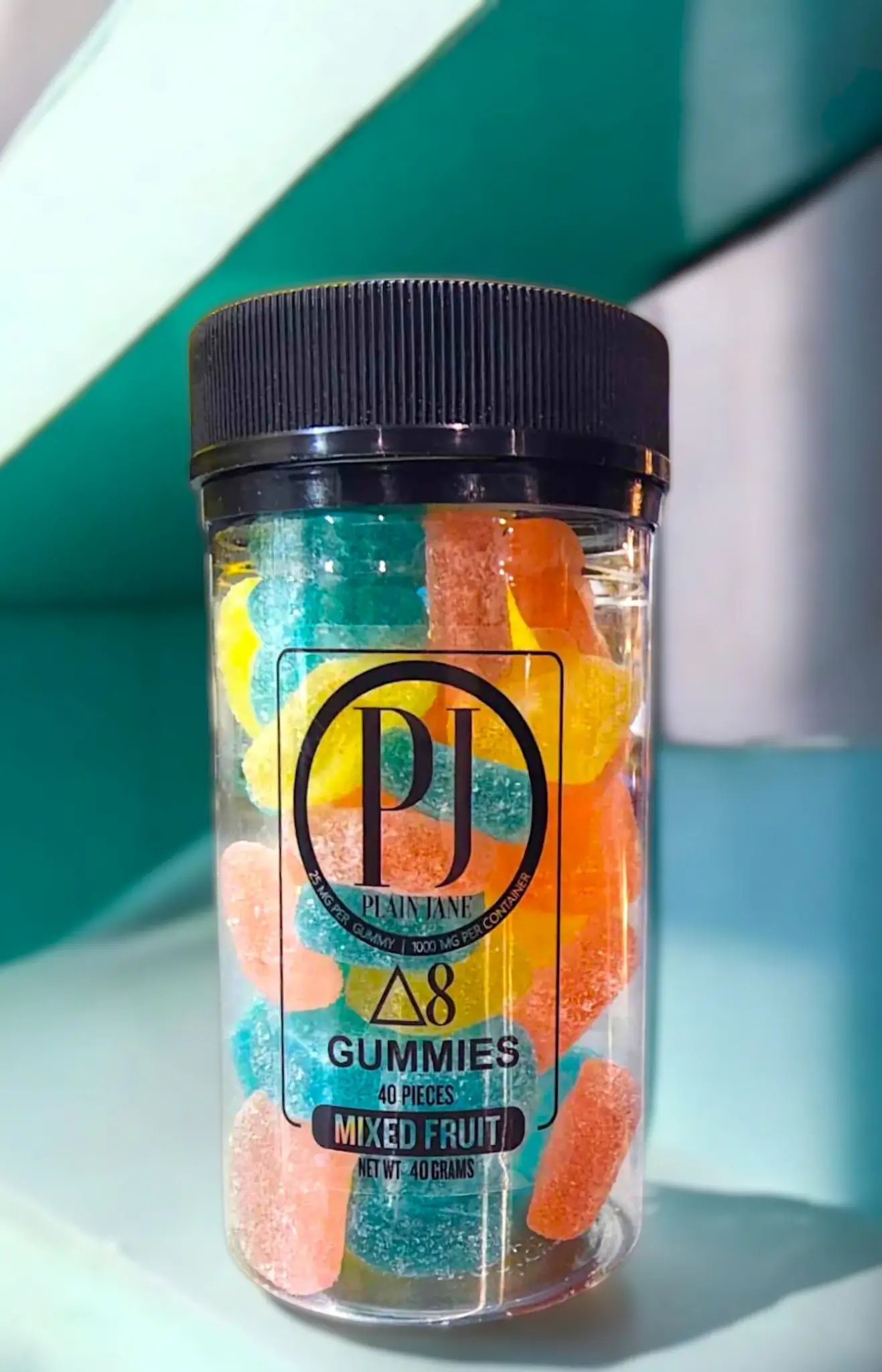
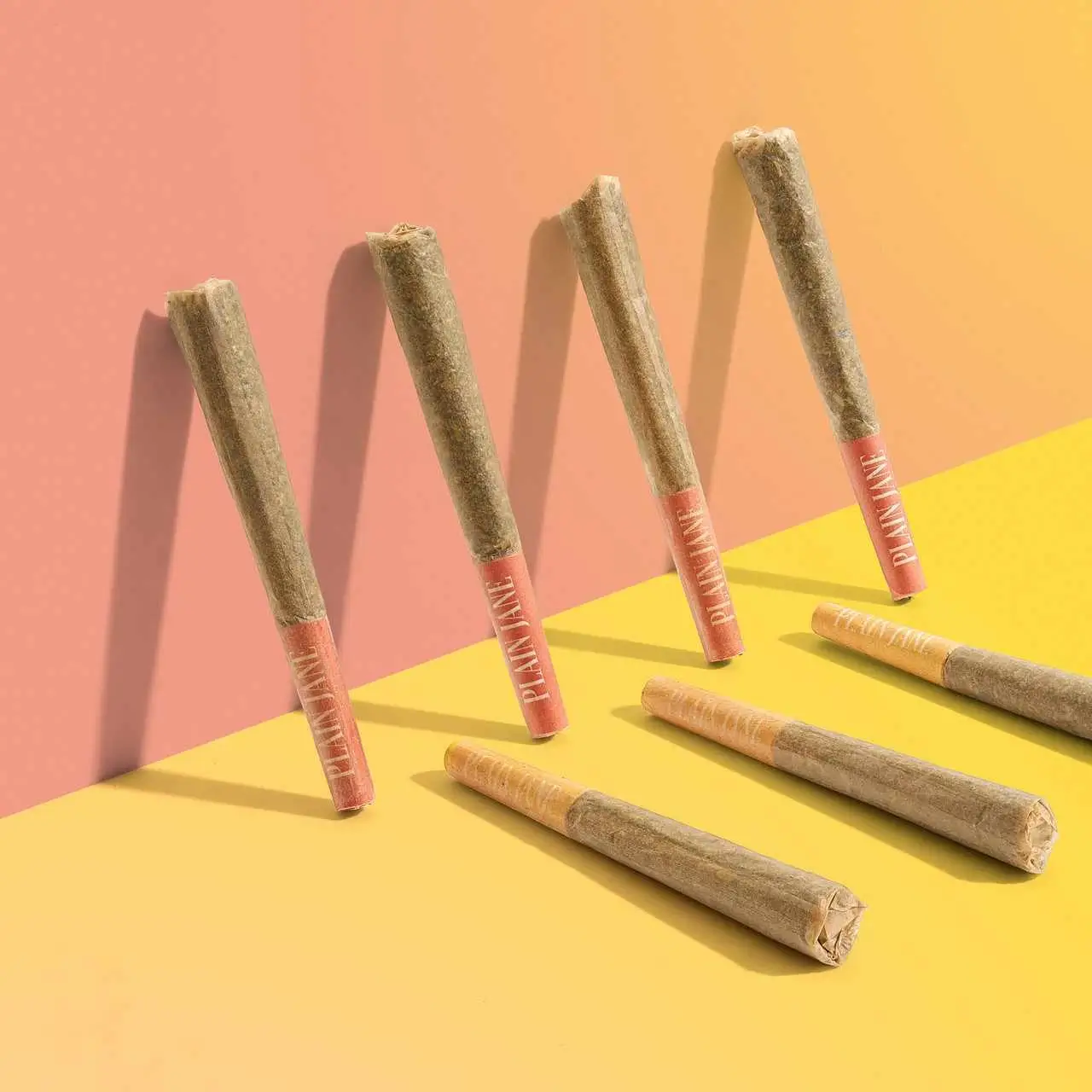
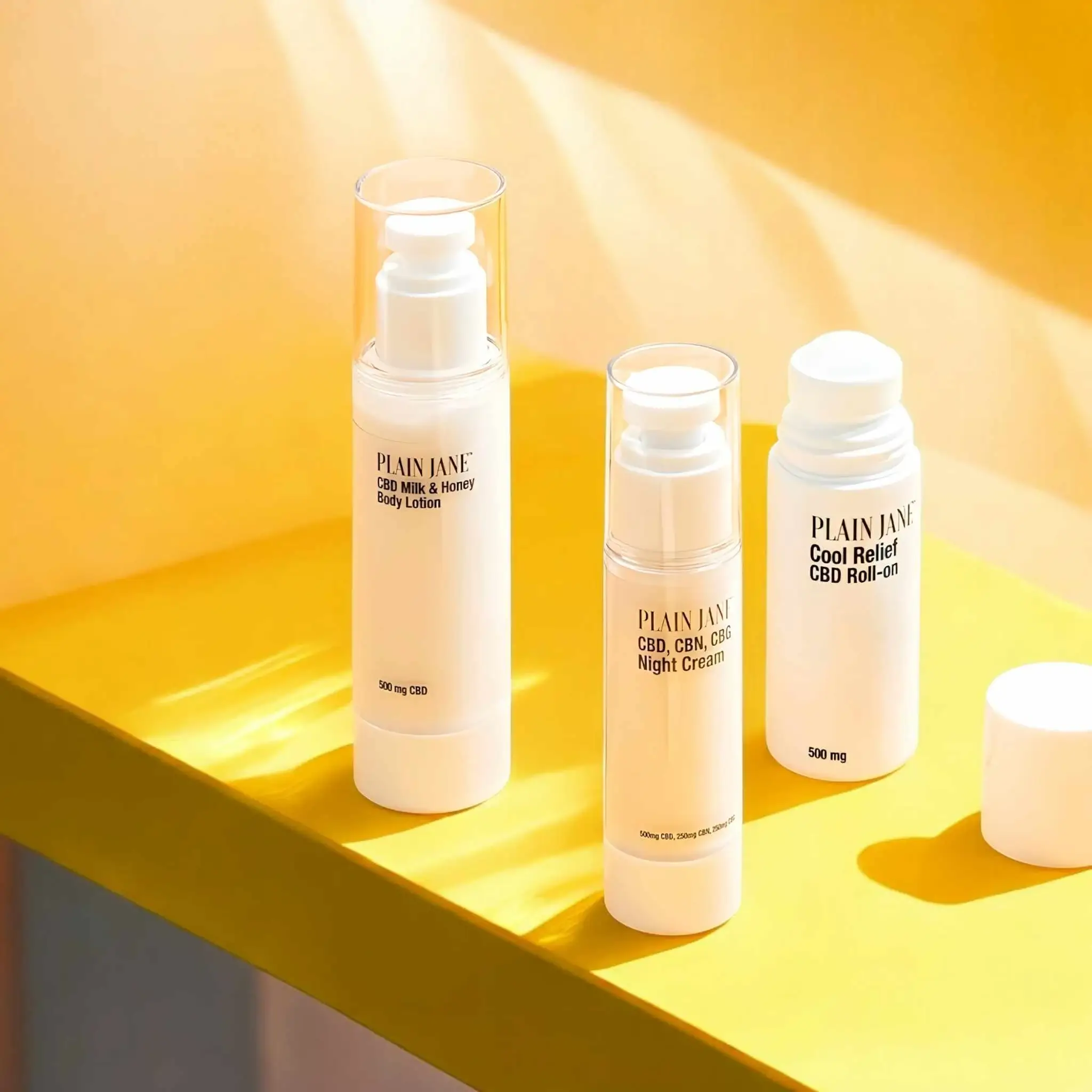
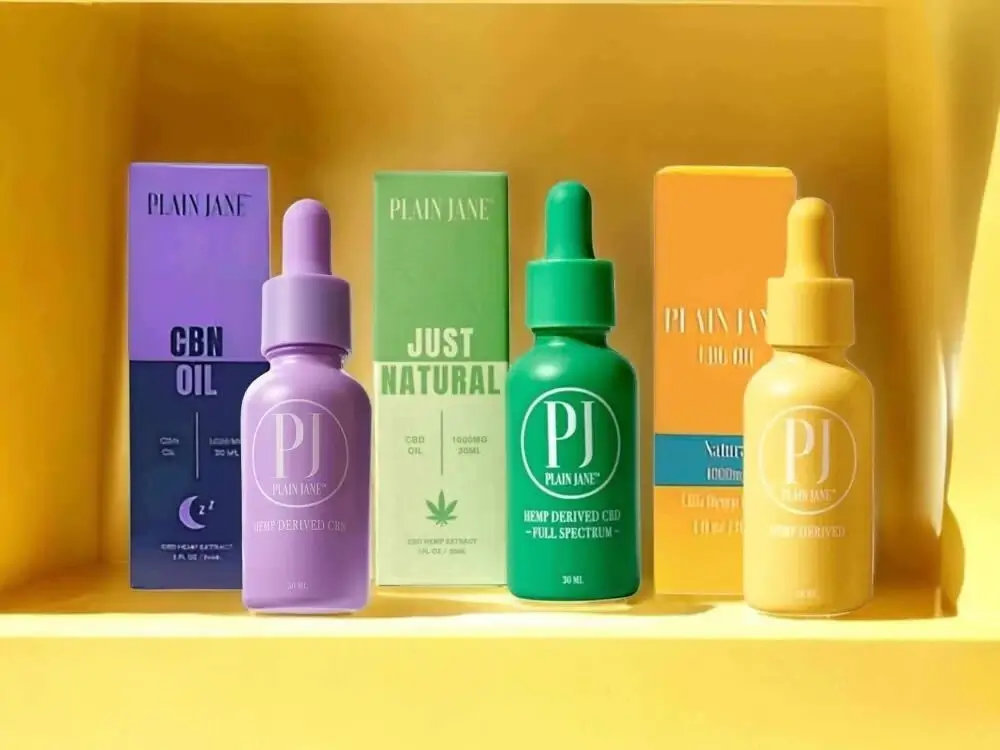
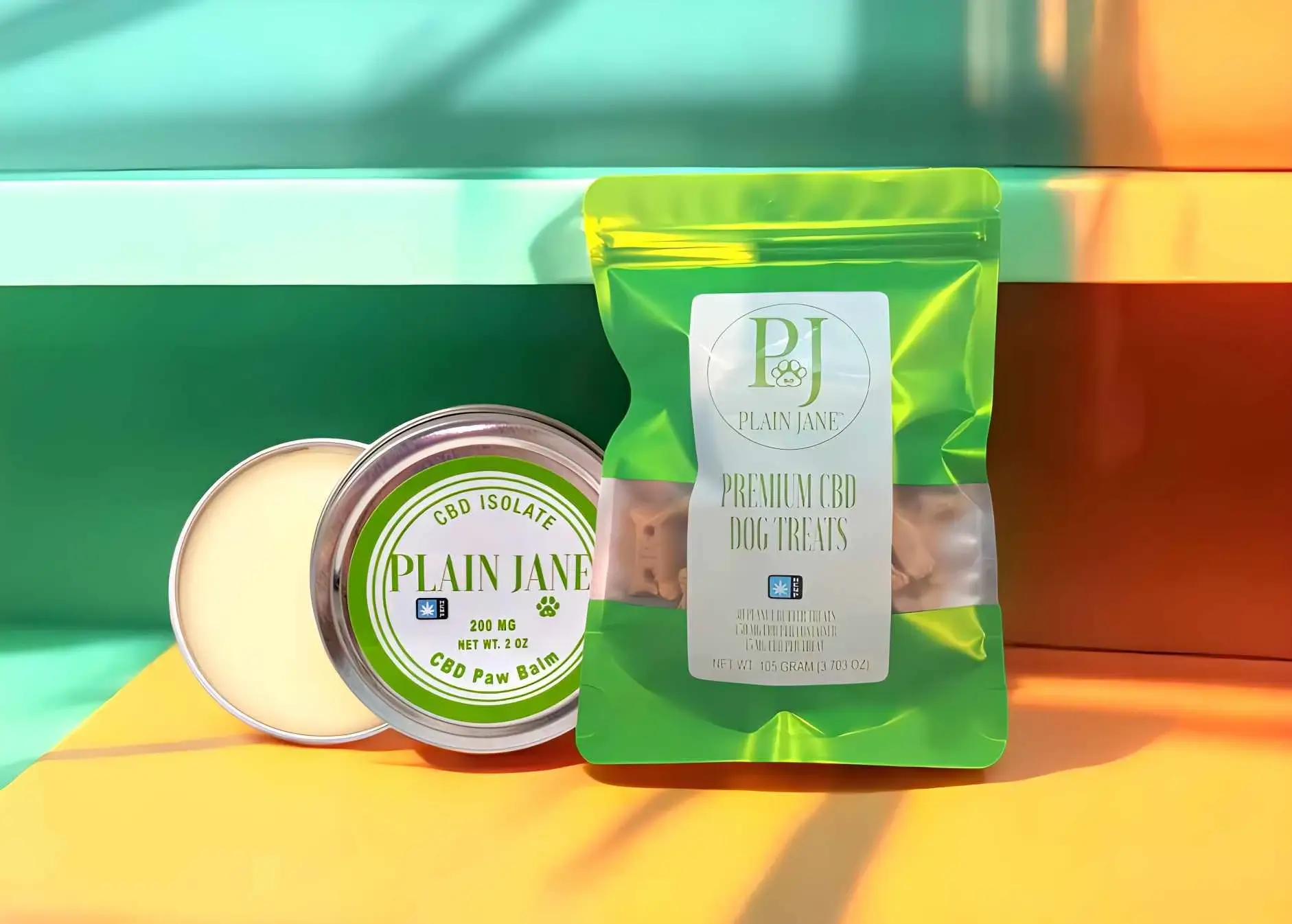
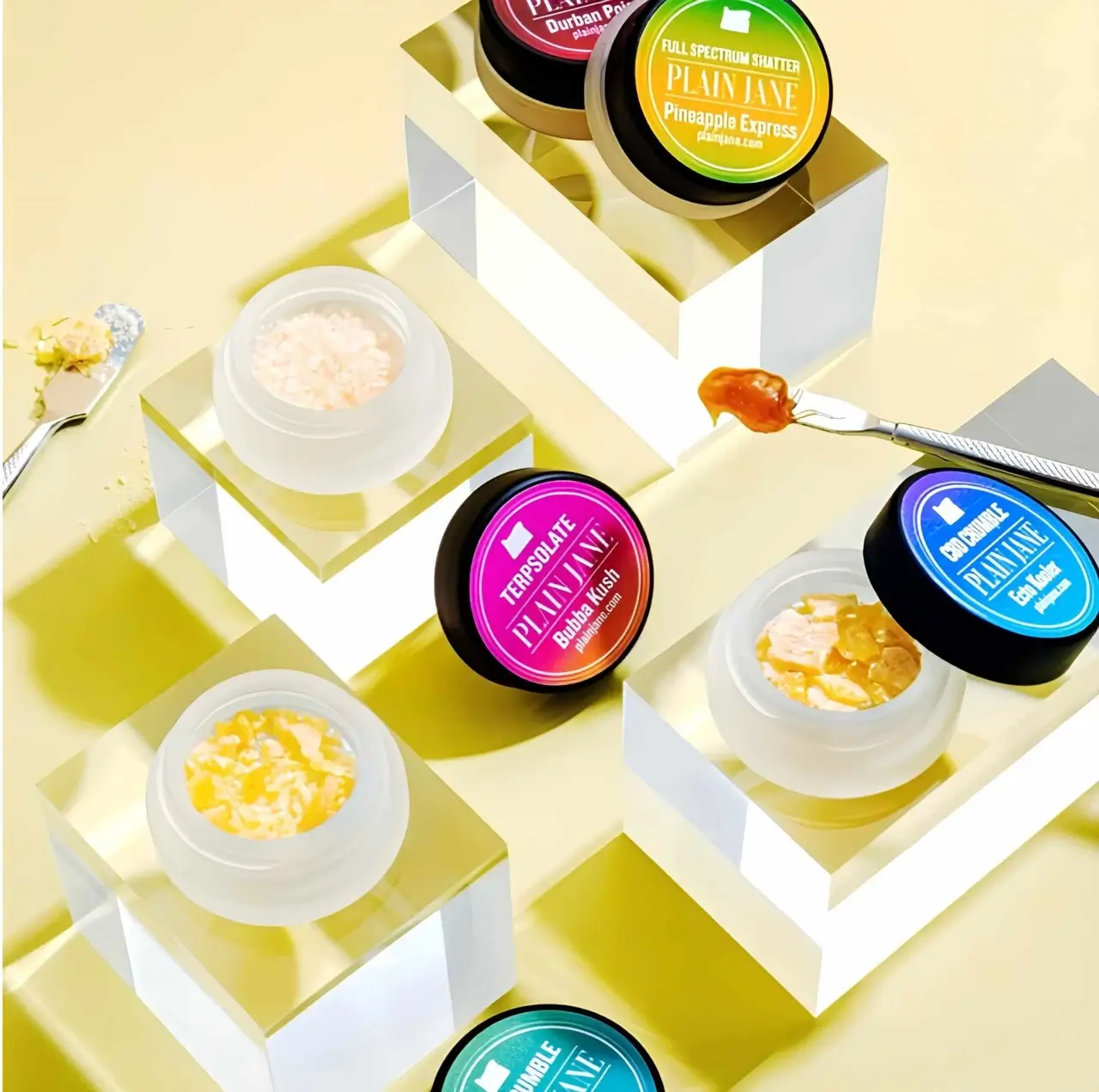
0 comments